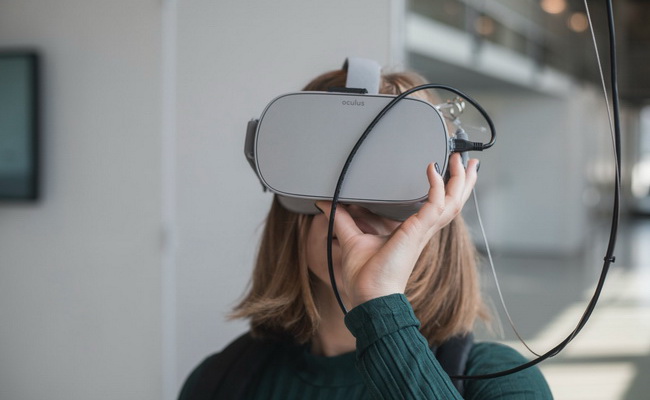VR is fast becoming one of the most significant innovations of the century. The Travel industry knows it, and this is how they’re using it.
At this point, it’s doubtful that you never heard of the revolutionary technology that is virtual reality (VR). VR headsets have become a mainstream consumer product, and while household usage is dominated by the gaming industry, there are several other fields, such as travel, that are beginning to make use of this technology. The primary way that VR is contributing to such fields is as a marketing tool. Read on to learn how VR is changing the travel industry.
VR in the travel industry
The travel industry was among the first to adopt the use of VR technology in their businesses. Because travel companies are selling an experience, rather than a product, it makes a lot of sense for them to make use of VR in their marketing.
When people travel, they usually need a lot of information before they make bookings of any kind, from hotel rooms to tours. They’ll read reviews, and descriptions, watch videos and browse any images they can find before they make a decision. By using virtual reality, travel companies such as hotels can save a lot of time by giving customers a realistic 3D tour of their potential accommodation.
Many travel companies have started implementing VR technology in their websites and apps, giving users the opportunity to “try before you buy” via a digital version of the hotel room, or even of popular tourist attractions.
Applications of VR in the travel industry
While VR is a relatively new introduction to the industry, there are several interesting uses for it:
1. Virtual hotel tours
The benefit of virtual hotel tours is that customers will get to have a better idea of what the hotel, and more importantly, their rooms, will look like. They can get a feel for the size and layout of the space, as well as check out the views and really understand what they are paying for.
These tours are usually offered on the hotel websites and require a headset to experience. They are often made up of simple 360 images, which will work with more basic VR technology like Google Cardboard.
2. Virtual travel experiences
Another way that hotels and travel agencies are using VR is to offer virtual travel experiences. Customers are basically given a virtual tour of some of the popular locations that are likely to draw them to their destination in the first place.
You could, for example, have a virtual tour of Machu Picchu, or a virtual rollercoaster ride if the hotel is located near a theme park. There are also a significant number of apps that, without the intention of doing any marketing, enable users to have virtual experiences of places all over the world.
3. Virtual bookings
Taking it a step further, virtual booking interfaces enable customers to go through the entire booking process via VR. They’ll be able to explore entire hotels and the various available rooms, check out the local sites and landmarks, and make all their bookings in one seamless experience.
As you can see, VR is completely transforming the way the industry can market its services. It’s an exciting world to live in with this, online blackjack, AI, and other advancements in the tech sector.
Photo by Maxim Hopman on Unsplash


















































































































































































































